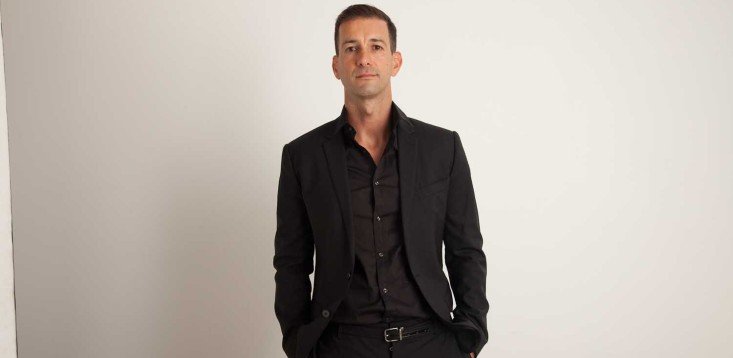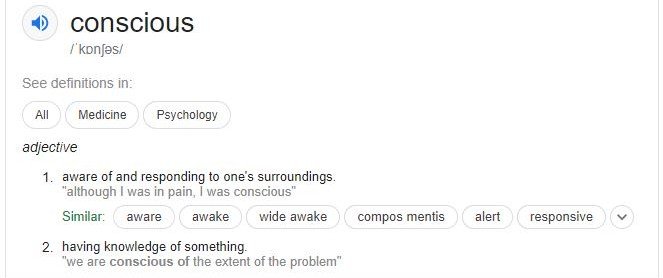
VentureCrowd executive director and Maarbani Consulting managing director. Source: supplied.
Let’s talk about sushi. I love the stuff. High protein, low fat, minimalist Japanese perfection. It’s great with soy, pickled ginger and a sprinkle of microplastic.
Oh, you didn’t know? Let me explain.
The modern lightweight shopping bag was invented by Swedish engineer Sten Gustaf Thulin in the early-1960s (stay with me, the connection is coming). Thulin developed and patented a method of forming a one-piece bag by folding, welding and die-cutting a flat tube of plastic for the packaging company Celloplast.
Nowadays, nearly 1 trillion plastic bags are consumed worldwide every year — that’s over 1 million per minute. Needless to say, the lifetime value of a plastic bag customer is a rock-solid metric, and a bunch of investors are making a ship-load of cash from this little beauty.
Convenient, cheap, disposable and, as it turns out, delicious.
You see, most plastic trash in the oceans flows from land. Once at sea, sunlight, wind and wave action break down plastic waste into small particles called microplastics. They are less than 5 millimetres in length — the size of a sesame seed — and have been found in municipal drinking water systems, drifting through the air and in the seafood we eat.
Ah, the circle of life.
In just one generation, we went from being plastic-free — pause for effect — to a level of reliance on plastic that results in 12 million tonnes of plastic entering our oceans every year. That’s a full rubbish truck every minute.
But, whatever. We’re all making money, right?
Oh, Thulin. Insert facepalm. As my mother would say, ‘I’m not angry, I’m just disappointed’.
The new reality is that the global investment landscape is changing.
A new generation of investors is awakening and they don’t want plastic in their sushi. Backed by the largest intergenerational transfer of wealth in modern history, this group is demanding the opportunity to support companies that fund more sustainable futures and solve real-world problems.
In the post-COVID-19 world, capital will be different, stronger, and more conscious.

Even before the pandemic changed our everyday lives, companies contributing to climate change were being called to account as Australia experienced its worst bushfire season on record.
Investors alarmed at the impact of companies damaging the environment have begun to look at the impact of their own investments, and whether those investments are aligned with their values. When people began to dig a little deeper and uncovered where their money was going, the floodgates opened.
In January, Ethical Super saw its net inflow increase by five times compared to January of 2019, with the fund citing increased awareness of climate change as the reason behind the rise in growth.
The changes are not just being seen in retail investment.
Recently, over half of Woodside Petroleum’s investors backed motions for the company to commit to hard targets for the reduction of its greenhouse gas emissions. As more people realised that the power to choose is in their hands, the shift towards more ethical investments began.
At the same time, the impact of the pandemic has caused many aspects of globalisation to come to a screeching halt — accelerating the pace of transformation for industries across the world. In times like these, innovation flourishes.
Uber, Airbnb and WhatsApp were all founded during the 2009 global financial crisis, underling that some of the biggest disruptive opportunities arise during major economic downturns.
Square Peg co-founder Paul Bassat concurs: “Every time there’s been a major crisis, we’ve seen this burst of innovation occur where there’s a combination of problems needing to be solved as a result, as well as people having a chance to think differently about their career and their lives.”
In the midst of the global pandemic, the Australian venture capital sector actually grew. The KPMG Venture Pulse Q1 2020 report found that investment in Australian startups reached a record high of $US944.7 million ($1,314 billion) in H1 2020.
Clearly VC firms are grasping at the opportunities. But they are not the only ones able to reap the potential benefits.
Changes to Australian legislation in 2017 has seen the creation of investment opportunities for retail investors that were previously only available to high-net-worth individuals or sophisticated investors.
If they meet the criteria, these investors are able to invest up to $10,000 in private companies launching fundraises of up to $5 million; cementing the fact that startup investment is no longer just for VCs and angel investors.
Investors have generally been motivated by two things: the opportunity to back the companies changing the world, and the outsized returns of startup investment.
As we move towards a post-COVID world, investments also need to be good for the planet.
As a new generation of investors increasingly begin to focus on the positive impacts their funding decisions can make on the world, startups will need to prove their social and environmental credentials as well as their ability to disrupt and grow.
When they do that, investors will follow… and we can all enjoy sushi again, without the microplastic.



Small and medium businesses and startups have never needed credible, independent journalism and information more than now.
That’s our job at SmartCompany: to keep you informed with the news, interviews and analysis you need to manage your way through this unprecedented crisis.
Now, there’s a way you can help us keep doing this: by becoming a SmartCompany supporter.
Even a small contribution will help us to keep doing the journalism that keeps Australia’s entrepreneurs informed.




